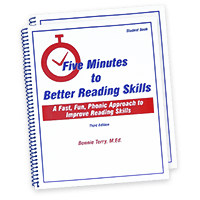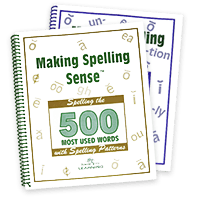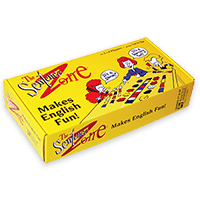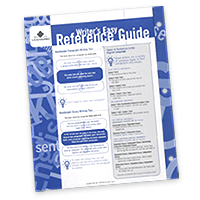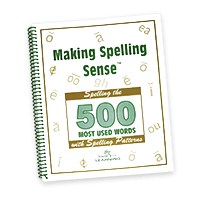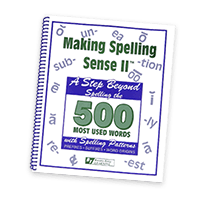What is Dyscalculia? A Math Learning Disability
May 11th, 2011Dyscalculia may be a new word for many of you, it means math disability. Dyscalculia is to math what dyslexia is to reading. In other words, if you have difficulty with math you may have dyscalculia. That being said, it doesn’t actually get at why you are having problems or difficulty with math.
Just like dyslexia doesn’t tell you why you struggle with reading, dyscalculia doesn’t tell you why you struggle with math. It just says that you do struggle with math. So we need to dig a bit further to get at what specifically hinders or causes dyscalculia – a math disability. Math problems or dyscalculia are typically due to one or more underlying causes. (We are able to discern the underlying causes when going through the informal comprehensive assessment.) There are actually 3 roadblocks to math success.
Math Disability: The 3 Roadblocks to Math Success
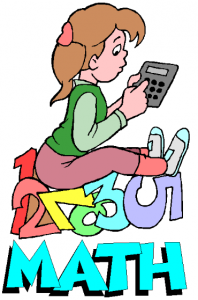
- Memory Problems: Trouble remembering math facts and steps to solving problems.
- Math Concepts: Cognitive development problems, understanding the relationships between numbers, and knowing how numbers grow and shrink with addition, subtraction, multiplication, division, fractions, decimals, math vocabulary.
- Visual Spatial or Alignment Problems: Trouble aligning numbers into columns for calculations, place value, or reading maps and graphs.
Math Disability: The Underlying Causes
A math disability is typically due to one or more of these three problems. They have a variety of underlying causes.
Memory problems can be either visual memory or auditory memory problems.
Math concepts problems can be due to visualization difficulties, auditory language association or classification difficulties, or visual language association or classification difficulties. The language areas that I just spoke of (auditory and visual) are the areas of perception that refer to seeing relationships between concepts or words.
Visual Spatial or Alignment Problems are typically due to spatial difficulties, directionality, and contact difficulties.
There is a lot you can do as a parent to address these difficulties. In fact, there are 3 specific solutions that will help address these difficulties. Additionally, reading problems can also interfere in math because in math you do more than just solve calculations. You also have to solve word problems.
There are three solutions to a math disability or dyscalculia: the first is in the form of a math calculation game, the second is a math reference guide, and the third a special tool for math alignment and spatial problems.




